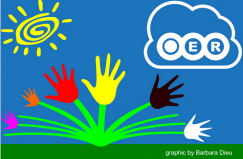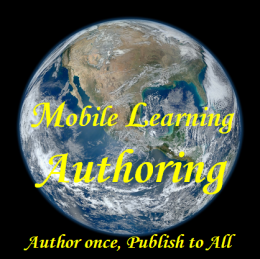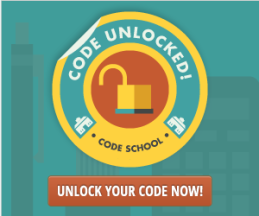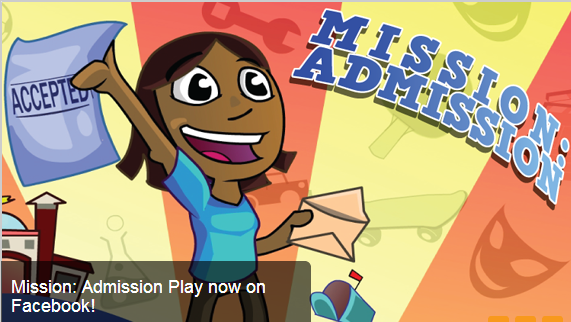 Today, the Collegeology Games project, a collaboration of the USC Rossier School of Education’s Pullias Center for Higher Education and the USC School of Cinematic Arts’ Game Innovation Lab, launched Mission: Admission, a Facebook game designed to help underserved students, often the first in their families to aspire to college, navigate the complicated process of applying for college and financial aid. (Full Disclosure: I am proud to be on the advisory board for the Colleageology Games Project.) The game’s release comes as the application season opens for many American colleges and universities, including the University of Southern California.
Today, the Collegeology Games project, a collaboration of the USC Rossier School of Education’s Pullias Center for Higher Education and the USC School of Cinematic Arts’ Game Innovation Lab, launched Mission: Admission, a Facebook game designed to help underserved students, often the first in their families to aspire to college, navigate the complicated process of applying for college and financial aid. (Full Disclosure: I am proud to be on the advisory board for the Colleageology Games Project.) The game’s release comes as the application season opens for many American colleges and universities, including the University of Southern California.
As described in the project’s press release: “The game allows students to virtually experience the demands of the college application process and empowers them with the skills and knowledge they need to apply, get into and pay for college. Students guide their avatars through the process of meeting with college advisors, choosing the types of schools to apply to (including four-year, community and technical colleges), scheduling community service and sports activities, applying for scholarships and financial aid and requesting recommendation letters.”
The game is seen as a crisis intervention: cutbacks in budgets for education mean fewer and fewer high school students have access to college counselors — the average ratio nation-wide stands at 459 students per conselor, and California’s ration is 800 to 1. This shortage most dramatically effects low-income students who are more likely to be the first in their family to attend an institution of higher learning and thus lack the social capital in their immediate surroundings to help them make up for lack of help through their schools. By contrast, middle and upper-class parents are spending more and more money, helping their sons and daughters through SAT prep classes or getting special coaching to increase their chances of getting into the school of their choice.
Colleageology Games knows that games, in and of themselves, can not make up for these gross inequalities of access to information and mentorship, but the group does believe that spending time with the game can expose young players to core vocabulary and processes, help them think through issues of time management, and otherwise, get some of the foundations of the application process. They have found that those students who play the game more than once get a chance to improve on their performance and further rehearse these skills.
Please visit Henry’s blog to read the full interview with Colleagology Games (Part One), and share it with anyone who might benefit from the game.










Your thoughts?